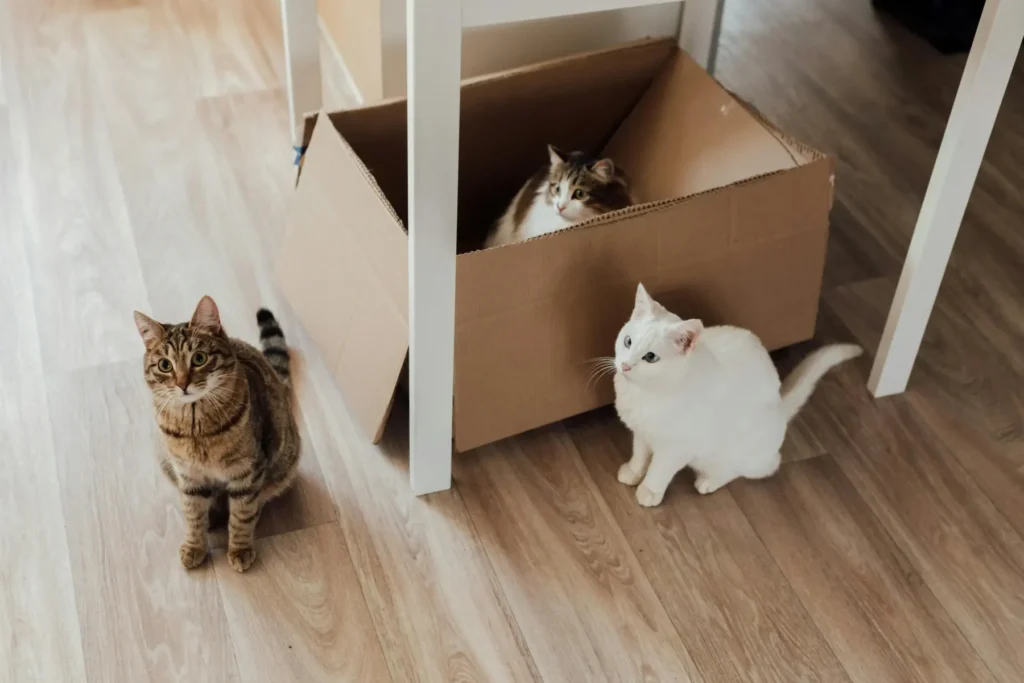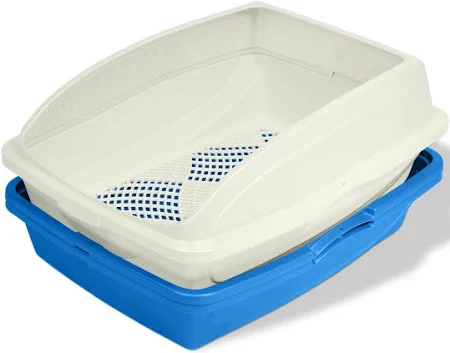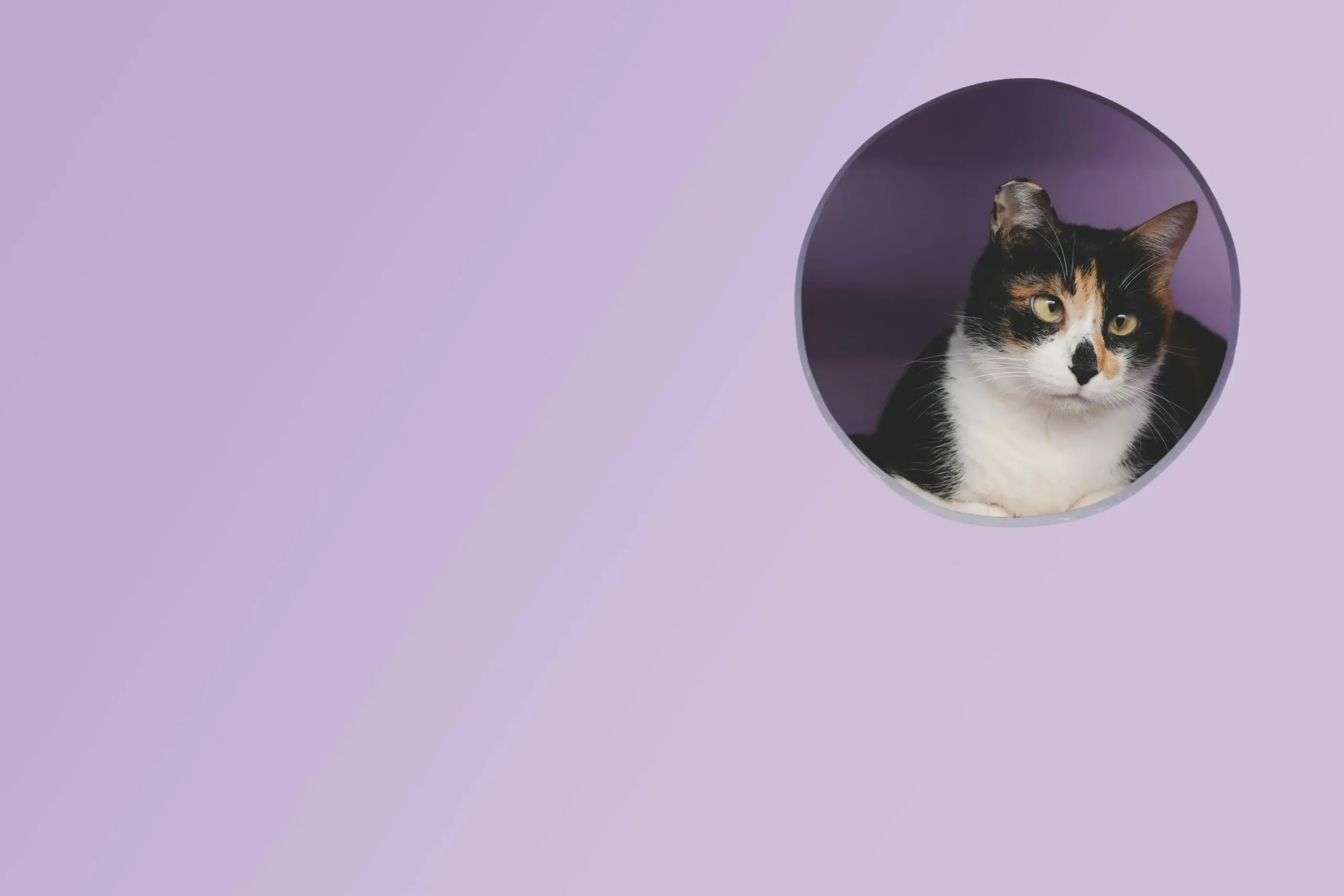As passionate kitten parents, we love our kitten friends without query. Yet, did you understand that inhaling kitten urine and feces can pose health risks to both humans and kittens? These scrap materials may have dangerous bacteria, viruses, and microorganisms that could lead to different fitness issues. In this position, we’ll examine the potential risks of disclosure to kitten urine and feces, along with useful tips to help you and your precious feline stay secure and beneficial. Here are 5 effects and risks for cat urine health effects and feces.
For instance, toxic implications like ammonia, which is seen in kitten urine, can upset the lungs, particularly in individuals with pre-extant diseases like asthma or allergies. Further, pathogens such as Salmonella, E. coli, and Toxoplasma gondii are usually present in kitten litter and can lead to diseases if accidentally consumed or inhaled. While these dangers may sound alarming, being informed and taking the proper protection can remarkably decrease the possible threats. In this post, we’ll carefully review the possible fitness risks of disclosing kitten urine and feces. We’ll also convey some helpful advice to help you and your sweet kitten secure, fit, and thrive in a hygienic and secure environment.
Effects on Kitten Urine and Feces

Inhalation Problems
Inhaling the particles or dust from kitten urine and feces can damage the lungs, leading to inhalation issues such as coughing and wheezing or whiffing. These signs can be especially interesting for individuals with pre-existing exhalation illnesses like asthma.
Allergic Reactions
Kitten urine and feces may have allergens that can initiate allergic reactions, such as sneezing, fluid nose, and prickly eyes. This can be extremely difficult for individuals who already have hypersensitivity.
Infections
Kitten urine and feces may have dangerous germs and sicknesses, such as Salmonella, E. coli, and Toxoplasma gondii, which can cause infections if they enter the body through the jaws, nose, or eyesight. These diseases can be incredibly risky for people with weakened immune methods, such as the geriatric or those with regular sicknesses. Further, kitten scrape fever, a bacterial disease caused by Bartonella henselae, can be transferred to humans via blemishes or bites from infected kittens.
Odor-Related Issues
The intense scent of kitten urine and feces can cause inconvenience, sickness, and migraine in a few individuals.
Long-Term Exposure
Breathing in kitten urine and feces over a long term may lead to chronic respiratory issues, such as bronchitis, as well as other fitness problems.
How to be safe from the dangers of kitten feces
Especially after rubbing kittens or after fulfilling actions like gardening etc. Wash fruits and vegetables from house greens before consuming them. Familiarize children with the significance of hand washing after playing in the sandboxes or rubbing kittens. Avoid putting the litter box in carpeted rooms as urine can seep into the carpets and form ammonia crystals.
Instantly clean up kitten feces or kitten urine when it exceeds the litter box. Use pine or cedar sawdust in the kitten litter. These substances absorb urine and prevent urine crystals from forming. If the cat’s urine is foul-smelling it might have a urinary tract infection. Do have it inspected and regaled promptly by a vet. The same is true in the case of cats suffering from diarrhea. Line the kitty litter box with litter lining pieces as this can significantly ease the technique of unloading the box. Cover sandboxes and child play rooms to stop kittens from littering or pooping there.
How to Protect Yourself and Your Kitten Properly Hygienic and Sanitize Rooms
If your house or professional areas have been spoiled with kitten urine, it’s critical to correctly pure and sanitize the impacted places. Try to wear gloves and a mask to save yourself from disclosure, and use a disinfectant that’s useful against germs and viruses. Dispose of kitten litter and waste in an impenetrable receptacle.
1. Ventilate the Area
If you’re cleaning a polluted place, make sure to open the room’s windows and use a fan to improve ventilation. This can assist in reducing the attention of toxic particles in the atmosphere.
2. Use Protective Gear
When cleaning kitten waste boxes or taking kitten feces, use shielding equipment like gloves and a mask to underestimate your vulnerability to toxic particles.
3. Seek Medical Attention
If you’re encountering symptoms like coughing, or shortness of whiff after direction to kitten urine, seek medical awareness directly. This is particularly critical if you have pre-existing respiratory diseases or a depleted resistant method. If you suppose that you or your kitten have kitten blemish fever, reach your healthcare provider or vet for therapy.
4. Prevent Future Contamination
To control future disclosure of kitten urine and feces, try to be sure to clean litter bins regularly, dispose of kitten litter in an impenetrable container, and keep kittens out of places where foodstuffs are prepared or consumed. Frequent vet check-ups can also aid in ensuring that your kitten is fit and free from diseases.
Tips for Protection:

- Clean and Sanitize: Regularly hygienic litter bins and sanitize impacted places while wearing gloves and a mask. Dispose of waste in a sealed container.
- Ventilation: Enhance air circulation in infected places by unlocking windows and using lovers to lower unhealthy particles.
- Protective Gear: Use gloves and masks when cleaning to minimize exposure to toxic implications.
- Seek Medical Attention: If signs like hawk or gasp tribulations develop, contact a healthcare provider, particularly if you have pre-existing illnesses.
Conclusion
It is essential to mention that subsisting in kitten urine and feces can have heavy health effects for both people and kitten companions. By making efforts to rescue yourself and your pets, such as correctly cleaning polluted places, using defensive equipment, and pursuing medical awareness if required, you can decrease the threats to your fitness and relish spending period with your kitten companions. Determinate to stay educated about the possible dangers of kitten urine, and make an effort to keep yourself and your kitty healthful and secure.
FAQ’s
1. What health risks are associated with kitten urine and feces?
Ans. The urine and feces of a kitten present several hazards to health due to respiratory issues caused by the particles inhaled, allergies, infections such as Salmonella that may be from the feces, discomfort arising from the smell, and long-term effects like chronic respiratory disease.
2. He had once blown saliva from kittens full of urine and feces into his mouth so how can inhaling it affect my health?
Ans. Breathing in dust associated with occasional defecation carried out by kittens can cause respiratory illnesses including coughing and wheezing when contracted from exposed people with other medical complications such as asthma or allergies.
3. Which diseases can be passed from kitten urine and feces?
Ans Salmonella, E.coli, and Toxoplasma gondii are infectious bacteria that one is likely to contract from eating feces containing infected kitten feces or inhaling tiny particles containing the pathogens. Furthermore, kitten scratch fever that is primarily due to Bartonella henselae, can be acquired through scratches or bites from affected kittens.
Read more Blogs About Cat Breeds.

